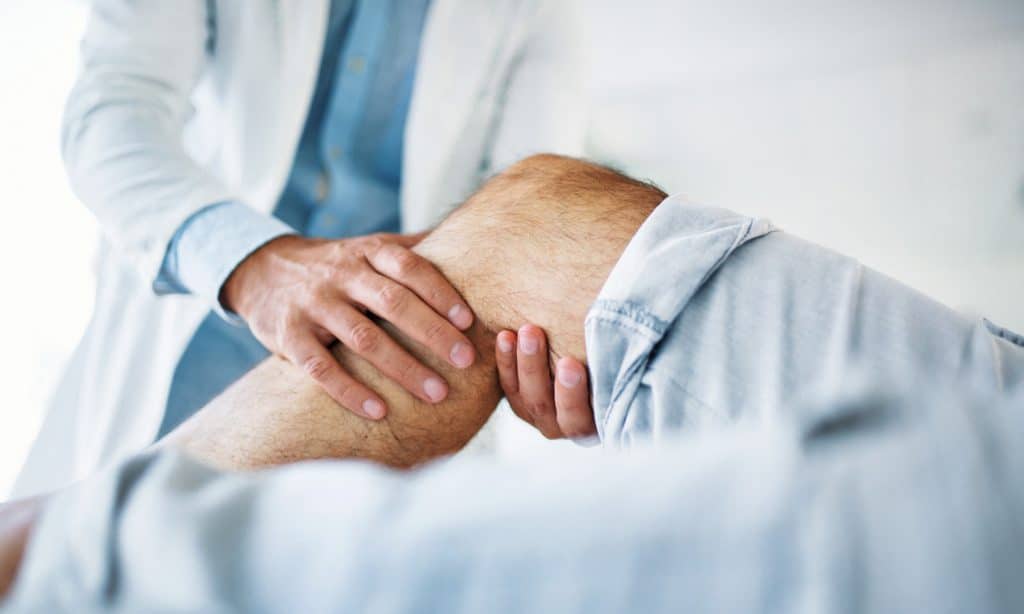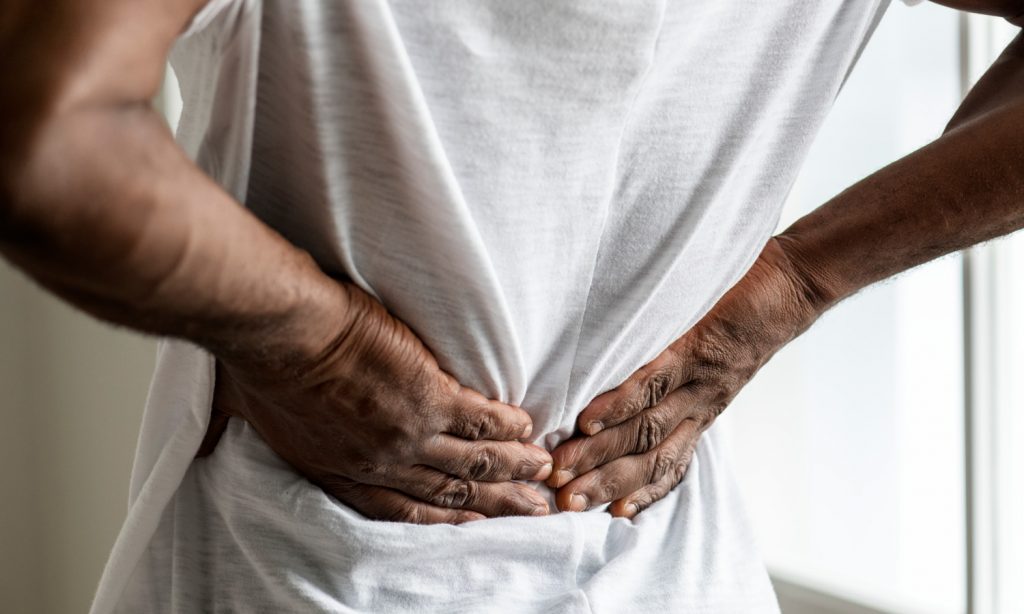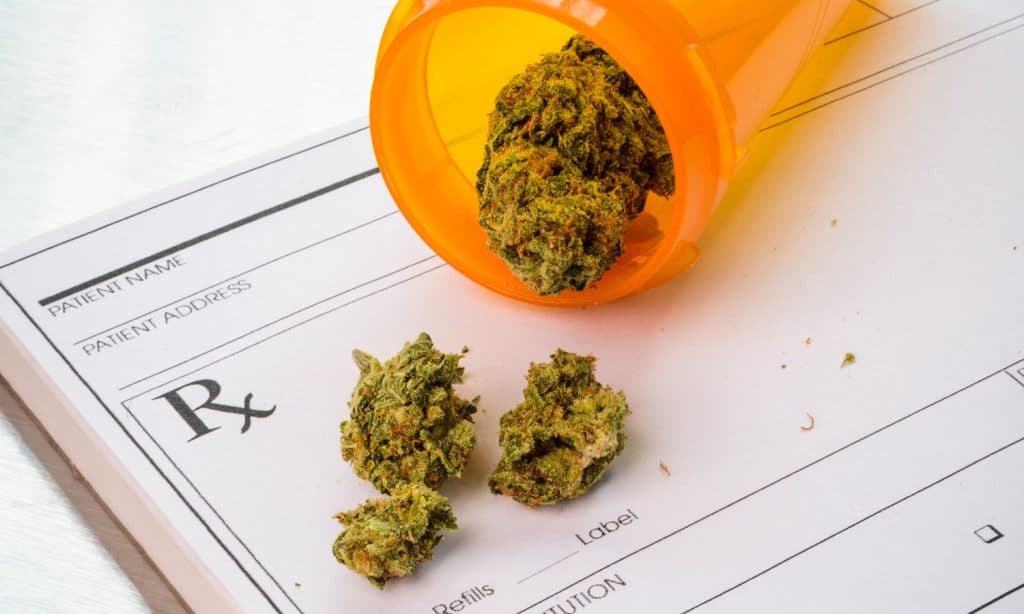A new study shows about half of Ohioans surveyed are dissatisfied with the medical marijuana program because of high prices.
About 62% of people surveyed are “somewhat dissatisfied” or “extremely dissatisfied” with the program. The study, conducted by the Ohio State University’s Drug Enforcement and Policy Center, surveyed about 400 Ohioans who were either current registered patients or could be considered potential patients for the Ohio medical marijuana program.
“The price in Ohio is double what it is on the illicit market and it’s even double what it is in some other states, like Michigan,” said Jana Hrdinová, an author of the study. “In two years the price hasn’t changed much, despite the fact that the number of dispensaries has increased dramatically
According to the study, in 2019, the average price per gram of marijuana at an Ohio dispensary was $18.47.
In 2020, the average price is $18.18. The average price of marijuana on the street is $8.42, according to the study. At a Michigan dispensary, the average price for that amount of marijuana is $9.38.








